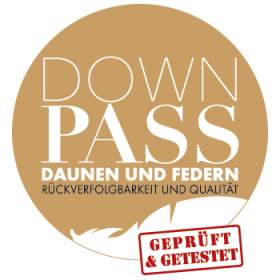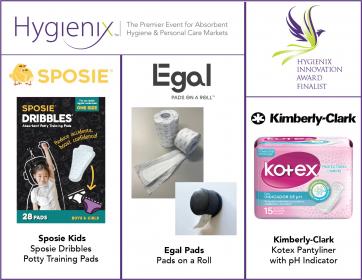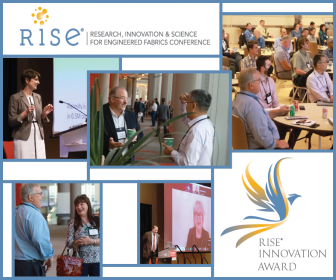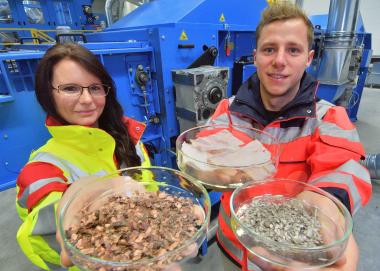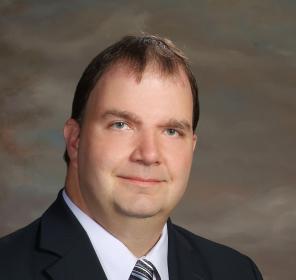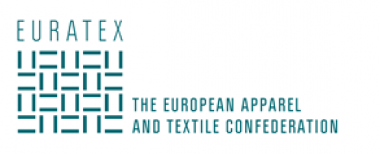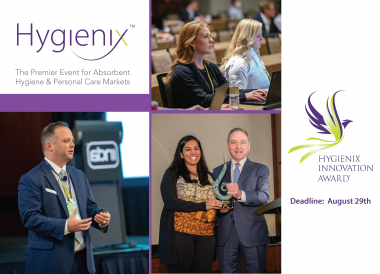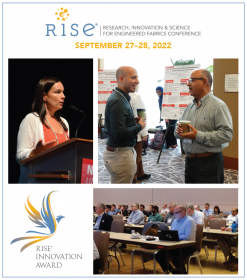Current revision of the DOWNPASS standard: Mandatory audit as well for pure parent farms
After the DOWNPASS Standard entered into force as a zero-tolerance standard on 1 January 2017, its first major revision is due in 2022/23. The stakeholder-based approach has again sought feedback from professional and relevant public communities for its first major revision, as it did originally when it was first developed: In addition to animal welfare organisations, veterinarians and agricultural scientists, many trade partners and consumers have also contributed to the discussion with their wishes and requirements.
A central aspect of the DOWNPASS standard is the exclusion of all goods from live animals. Down and feathers may neither come from moulting nor from live plucking. Accredited independent auditing organisations are responsible for monitoring and inspecting the manufacturers' supply chains on site worldwide. Intensified monitoring of high-risk areas is mandatory, but its frequency is left to the discretion of the auditors, who inspect farms both announced and unannounced.
Down and feathers, which are used as filling material for DOWNPASS labelled finished products, may only be obtained after slaughter. This must be clearly verifiable. In this respect, all poultry farms that have animals slaughtered for the purpose of food production are covered - regardless of whether these come from parent or rearing farms or from farms that both rear ducklings and goslings besides keeping parent animals.
Parent vs. rearing farms - new mandatory requirement
The vast majority of all poultry farms raise chicks themselves for food or to keep them later as adults for egg laying. So, when the current DOWNPASS speaks of rearing farms or rearing, the term always covers both variants.
Pure parent farms that do not raise chicks themselves but buy in the adult ducks and geese to lay eggs are rare. For this, the standard had an optional additional module that referred to waterfowl, i.e. jointly to ducks and geese.
Since live plucking of ducks is not known and this has been confirmed by veterinarians and agronomists, the DOWNPASS 2019 had enabled the optional auditing of pure goose parent stock farms, being no rearing farms, via an annex. This hitherto voluntary option has been tested in practice over the past three years and met with consistently positive feedback from both producers and trade partners. Therefore, the auditing of goose farms will be a mandatory part of the new version of the DOWNPASS standard in the future. The option for the voluntary goose parent audit will be dropped as well as the one for the simultaneous auditing of duck and goose parent farms.
Downpass e.V.


